Combating Elderly Loneliness
Looking to ease elderly loneliness in a loved one? It’s hard to watch someone you care about struggle with the loss of friendships and community. There are some things you can do to help keep your loved one engaged — and help them avoid becoming lonely.
Why do the elderly experience loneliness?
Loneliness is the feeling that happens when a person’s social needs aren’t being met. It can happen to anyone, regardless of age. Loneliness is a very individual experience, so there’s no exact threshold for where a person will begin to experience it.
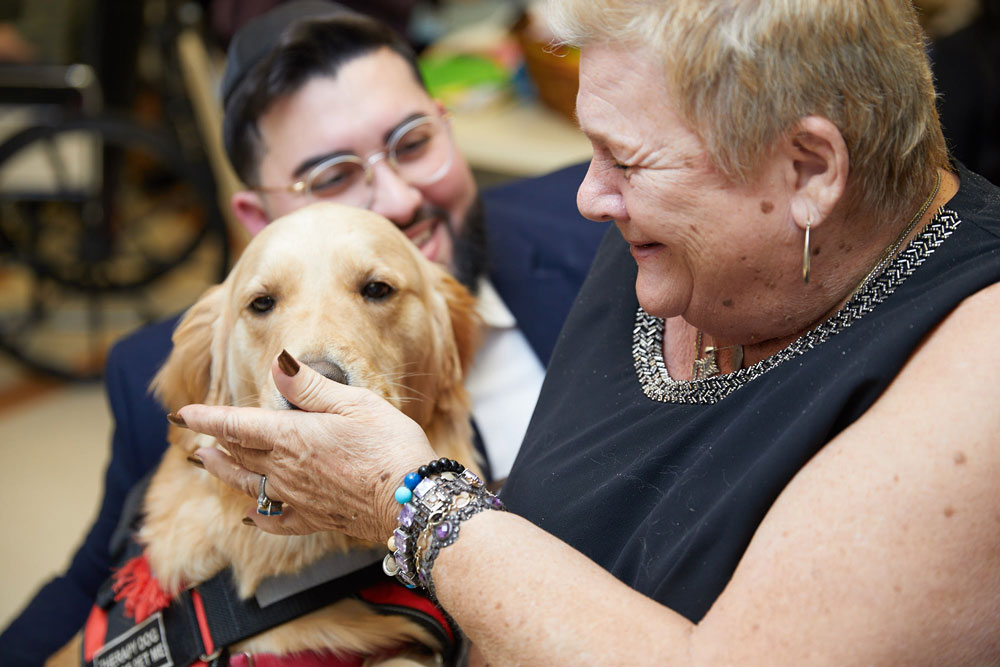
Loneliness in the elderly is more common than you might think. Though society was once structured around intergenerational living, that’s not usually the case now. Instead, the elderly who have spent most of their time creating a community through their family may find they’re suddenly alone.
This can be even more noticeable when someone loses a partner or several family members in a short period of time. Without a social network to fulfill their basic needs, many elderly people may experience loneliness and even depression.
Preventing loneliness in the elderly
There are steps you can take to help prevent elderly loneliness. First, you’ll want to make sure you’ve addressed any medical needs your loved one may have.
Embarrassment can really impact a person’s interest in being social with others. Incontinence issues, mobility difficulties, and other noticeable problems may hold your loved one back. You should also do a complete vision and hearing evaluation to make sure communicating isn’t harder than it needs to be.
You may also want to help build your loved one’s self-esteem back up. Encourage a positive body image and a good attitude about aging. Help them focus on the good things that come with age instead of what they perceive as negative.
Social interactions can go a long way to easing elderly loneliness. Encouraging your loved one to meet others for meals can be a low-pressure way to get social interactions started. As a bonus, eating in groups usually leads to better and more consistent food choices, which can help your loved one stay healthy.
If nothing seems to be pulling your loved one toward more social engagement, you may want to consider a non-human companion. Dogs, cats, or even non-traditional house pets like birds or rabbits can be a great way to end elderly loneliness.
Identifying loneliness in your loved one
Are you worried your senior loved one might be experiencing loneliness? Keep an eye out for a lack of interest in activities that used to make them happy. Also, check for disinterest or resistance when it comes to being out and about.
If you suspect your loved one is experiencing loneliness, give them a little extra attention. Calls and cards can be a great reminder you’re thinking of them even when you’re apart.
If you live close to your loved one, try working in extra visits and offering to provide transportation for events. Small changes now can help end your loved one’s elderly loneliness and get them back on a healthy track.
This article contains informational and educational materials and does not replace health or medical advice. For questions or concerns regarding your medical condition or health objectives, speak to a qualified physician or healthcare provider.

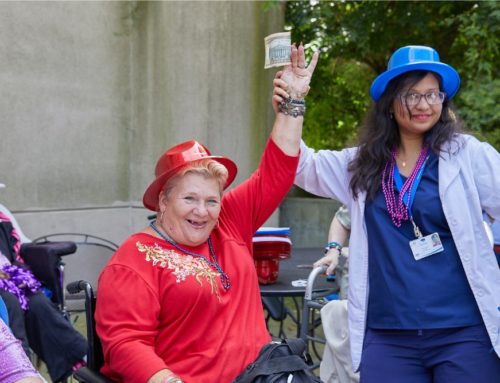

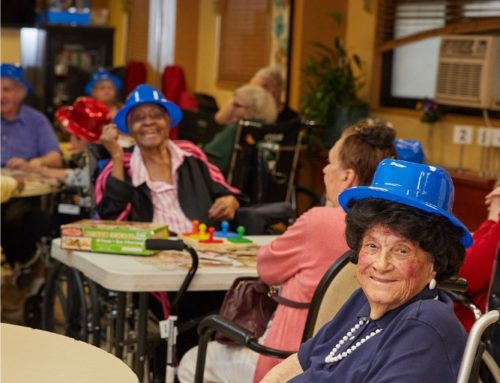
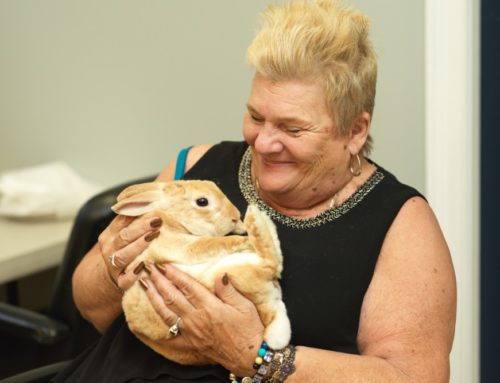
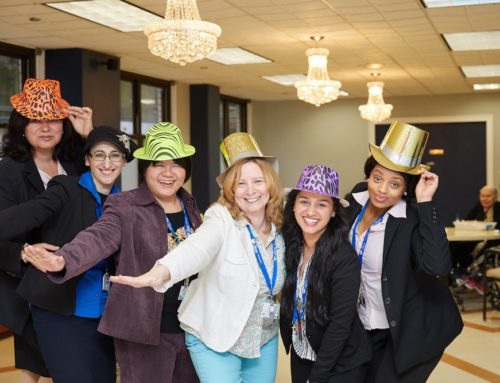
Leave A Comment